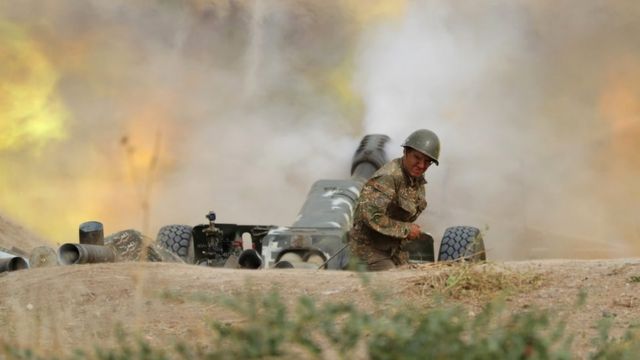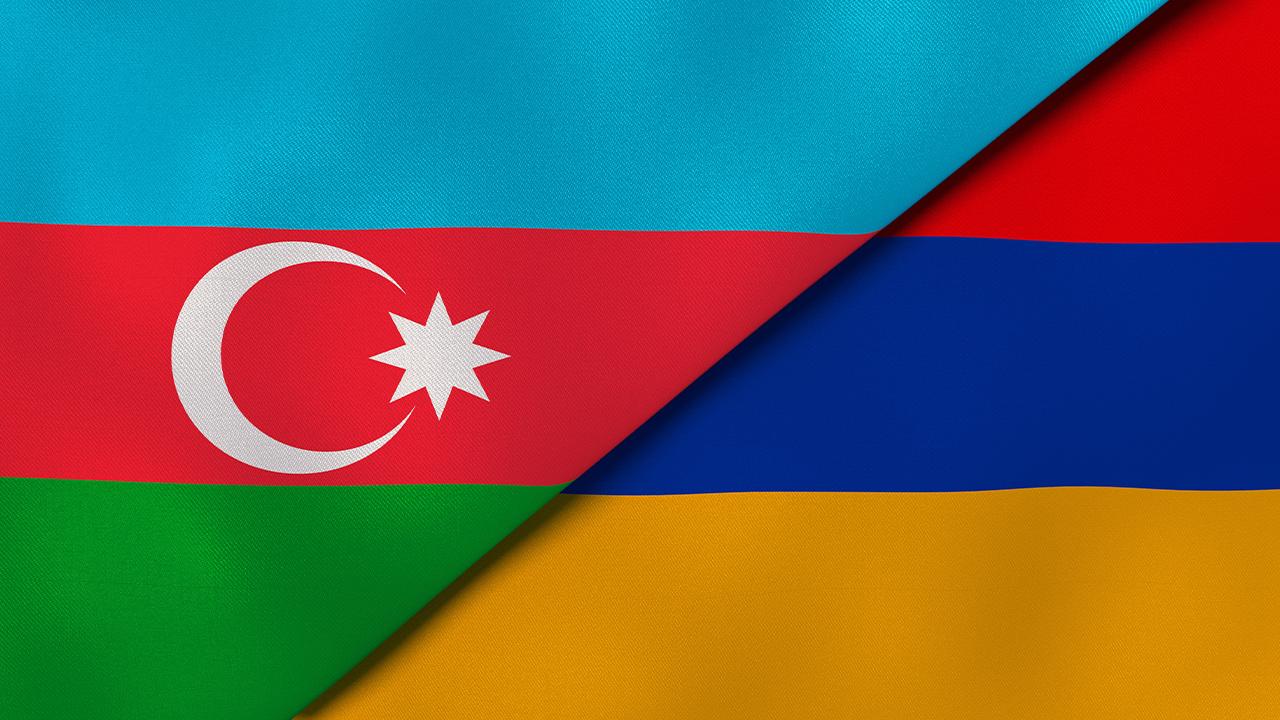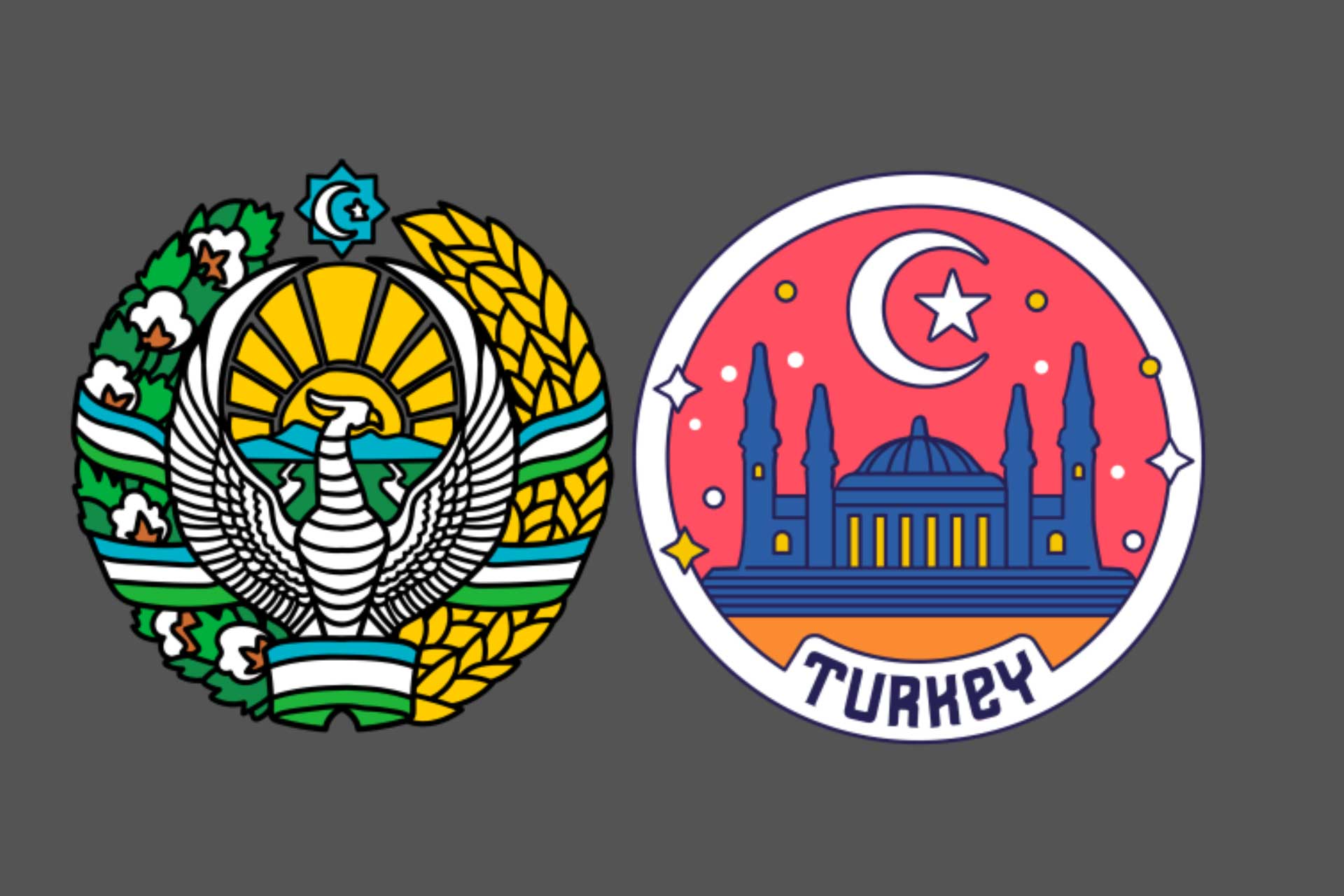Azerbaijan and Armenia:Steps Toward Peace
Last April, the Azerbaijani Defense Ministry announced that two missing Azerbaijani soldiers had been captured by Armenia. One of the two captured soldiers, Akshin Bebirov, was sentenced to 11 years and 6 months in prison for illegally crossing the border and smuggling firearms and ammunition. The other soldier, Hussein Akhundov, is reported to have killed Hayrapet Meliksetyan, the guard of the “Zangezur Copper-Molybdenum Combine” in the city of Gafan. The investigation of Hussein Akhundov is still ongoing. The Azerbaijani Foreign Ministry called the decision of the Armenian Prosecutor General’s Office on the two soldiers “fabricated” and demanded their extradition. On the same day, social media showed a young man in military uniform being beaten and bloodied. As a result of Hussein Akhundov’s captivity and occupation, the Azerbaijani Foreign Ministry accused Armenia of violating the Geneva Conventions of 1949, the International Convention on the Elimination of All Forms of Racial Discrimination (CERD) and other international obligations under international humanitarian and human rights law.
The captured soldier crisis in April was followed by provocative attacks of the Armenian Armed Forces in the direction of Zod in May. As a result of the attacks on May 10-11, one Azerbaijani soldier was wounded and one was martyred. These attacks, which erupted during the peace process, indicate that Armenia is still reluctant to make peace. Since the second Karabakh war, Armenia has been divided by many internal disagreements. While far-right Armenians support a return to war, Prime Minister Nikol Pashinyan’s favorable view of the peace process has drawn criticism from the Armenian media. On May 14, Azerbaijani President Ilham Aliyev and Armenian Prime Minister Nikol Pashinyan met at a Brussels-format meeting organized by the President of the Council of the European Union to agree on a draft bilateral peace agreement. After 9 months of postponements for various reasons, the meeting ended positively for both sides. Negotiations on the May clashes and captured soldiers took place and the necessary details regarding the captives were addressed. In the normalization process, both sides expressed their views on the demarcation of borders and re-establishment of communication, and agreed that it was necessary to accelerate work on the clearance of mined areas and to recognize the territorial integrity and sovereignty of both sides in this process.

Both sides are ready to solve their problems for lasting peace in accordance with international law. Despite various interventions by the Western media, Azerbaijan insists on the Zangezur issue and will continue to resolve this issue through mutual negotiations with Armenia in accordance with international law. In retrospect, despite the conflicts and crises of the last three years, Azerbaijan and Armenia taking steps towards peace is a very important regional development. In the May 14 meeting, the Armenian prime minister emphasized that Karabakh belongs to Azerbaijan and expressed his readiness for peace if the security of Armenians in Karabakh is ensured. In order to overcome the post-war economic crisis, Armenia should open its borders with Azerbaijan and Turkey and the two countries should establish joint economic agreements. Due to the disadvantage of not having access to the sea, Armenia has not been able to benefit from the railroad projects that pass around it for years and has not been able to take part in commercial partnerships in the region. Armenia will undoubtedly benefit from the economic profits in the region if there is a clear clarity on Karabakh and Zangezur. The way to do this is to respect Azerbaijan’s territorial integrity and to be as willing as the other side on the issue.




Comments